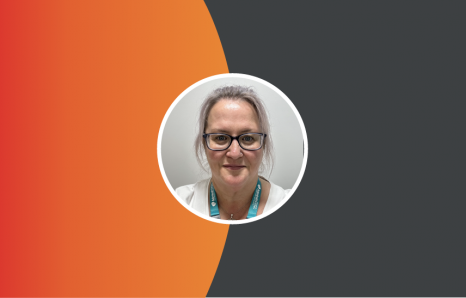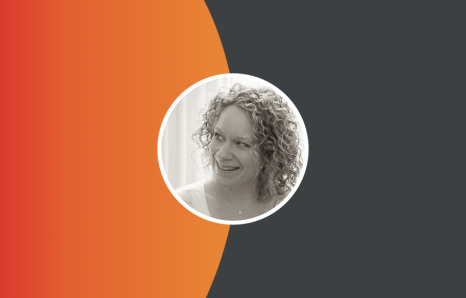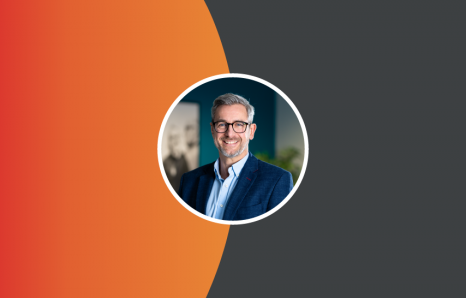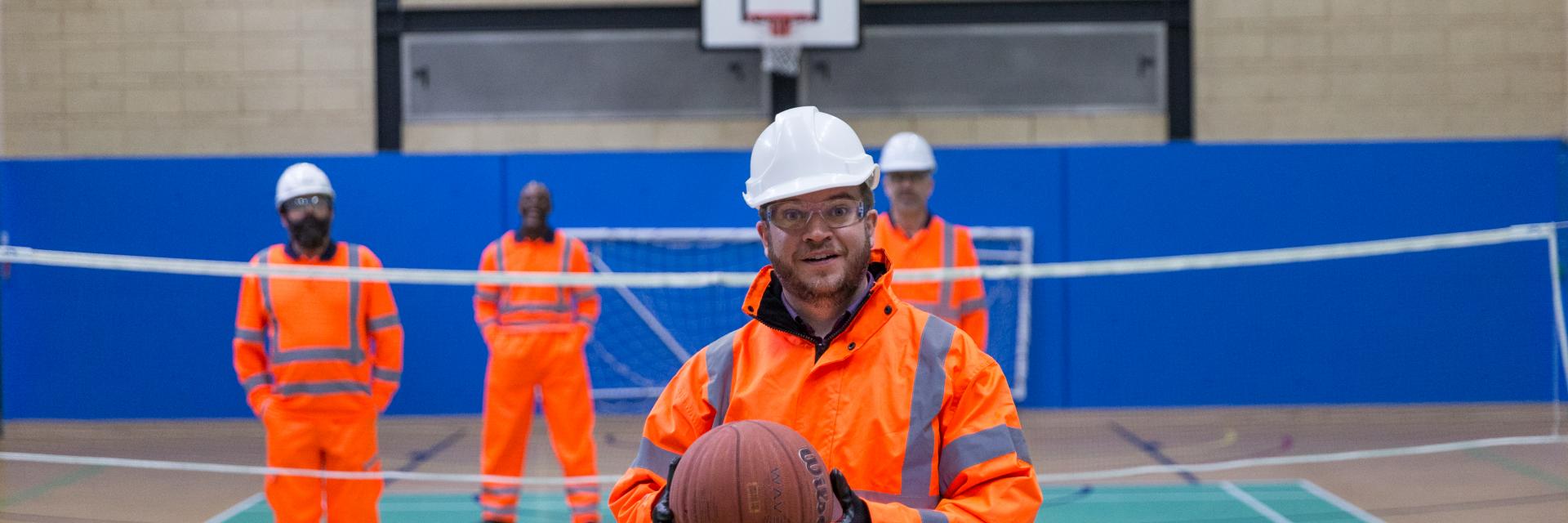Topic
Category
Year

How to effectively communicate with a person with dementia
During this 5-Minute Wellbeing video, Jane Nickels, Admiral Nurse at Dementia UK takes us through the basics of how best to communicate with someone who has dementia. Jane explains some of the barriers that may be present and how these can be overcome.

Understanding Alzheimer's disease
Jane Nickels, Admiral Nurse at Dementia UK, discusses Alzheimer’s, the most common type of dementia. Alzheimer’s causes a gradual decline in memory, thinking, behaviour and social skills, affecting a person’s ability to function. In this session, we explore the early signs, impacts on families, support options, potential symptom delays and risk factors.

Tips for enhancing thyroid health
Learn what the thyroid is and the different types of disease that can affect it, the relationship between the thyroid and the rest of the body and even how relaxation can have a positive impact. Led by Jules Chandler, Founder, The Thyroid Collective.

Thyroid health
The thyroid and brain work together to regulate hormones essential for your body. However, the thyroid is highly sensitive to stress, diet, genetics and medical conditions. So, how do you know if you have a problem with your thyroid? What’s the difference between a hypo and hyper functioning thyroid? And, what is it like to live with thyroid problems? Jules Chandler, The Thyroid Expert, provides the answers to these questions, and more.

Effective conflict management – mindset and influence
With the rise in crime against rail workers, it’s more important than ever that frontline staff have the necessary tools to diffuse potential conflict. Jason Keeley, Founder and Director of IKON Training, delivers his top tips for adopting the right mindset, and using influence to avoid situations bubbling over.

Managing conflict positively
Learn skills to help you reduce conflict escalation and manage challenges confidently. If you work in a customer facing role, engaging in effective communication will help turn challenging interactions into opportunities for positive experiences. Let Jason Keeley, Founder and Director at IKON Training, give you the tools - and confidence - to work through any customer conflict with ease.
